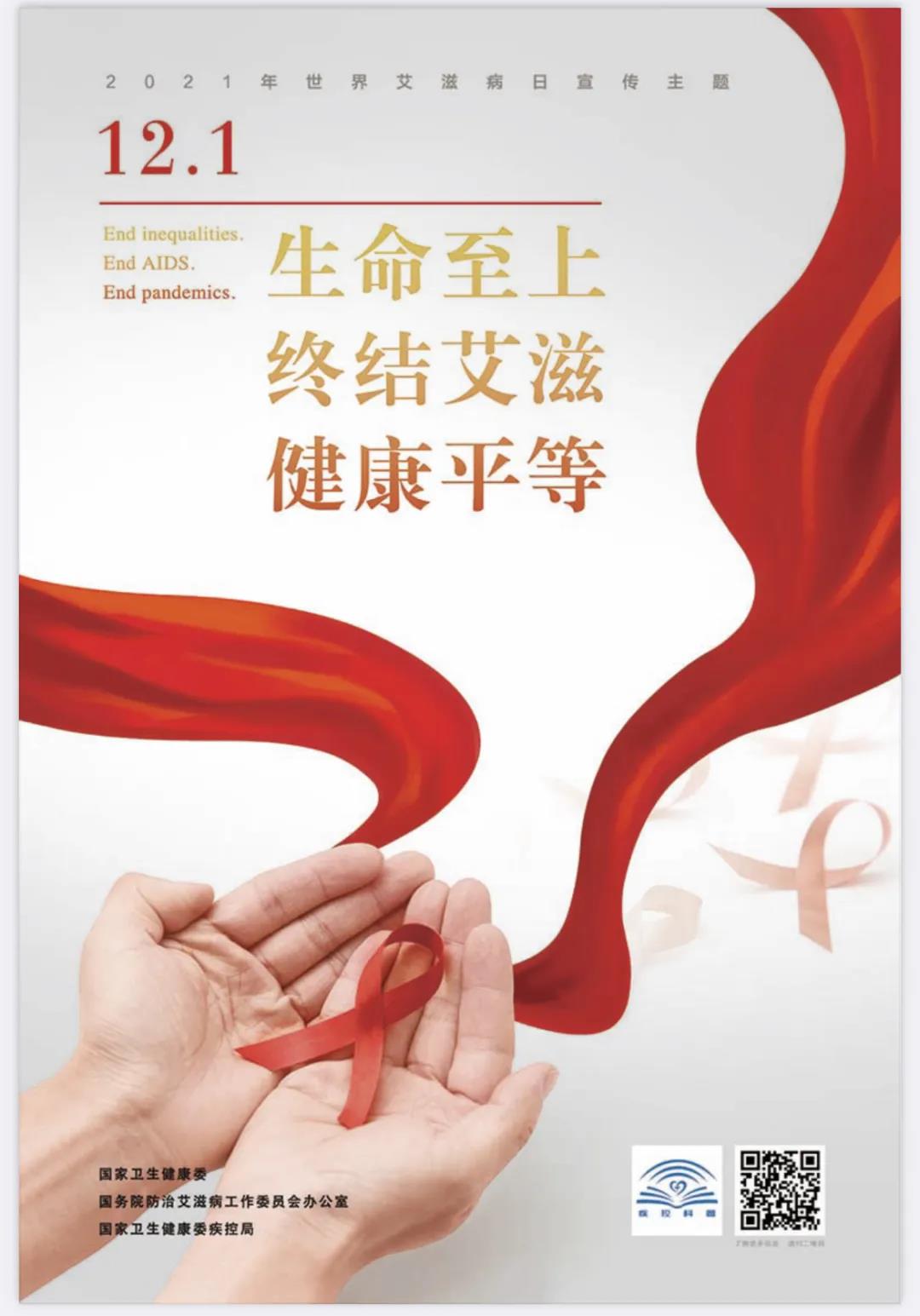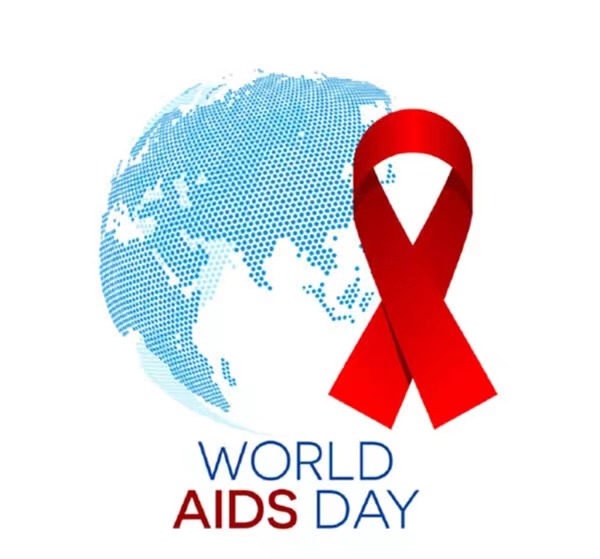On December 1, 2021, we honor the 34th World AIDS Day. The theme of this year is "End Inequality. End AIDS. End Pandemics."
AIDS transmission is possible if bodily fluids, such as blood and semen, come in contact or are injected into the bloodstream (from a needle or syringe). It is usually transmitted through specific activities such as sexual acts and injection drug use.

You cannot get AIDS from casual contact with a person who has AIDS, such as a handshake, a hug, or a closed-mouth kiss. AIDS can't be spread by contact with objects, such as toilet seats, doorknobs, or dishes used by a person who has AIDS.
Anyone can get AIDS, but you can take steps to protect yourself from AIDS.
1. Have self-respect, refrain from pornography and stay away from high-risk sexual behaviors.
2. Personal items such as toothbrushes or razors should not be borrowed or shared.
3. Do not share syringes or medications with others and avoid drugs.
4. Use blood transfusions and blood products only with a doctor's consent and under strict supervision.
5. Using a condom is one of the most effective ways to avoid STDS and AIDS during sexual activity.
6. To prevent transmission, avoid direct contact with AIDS patients' blood, sperm, or breast milk.



